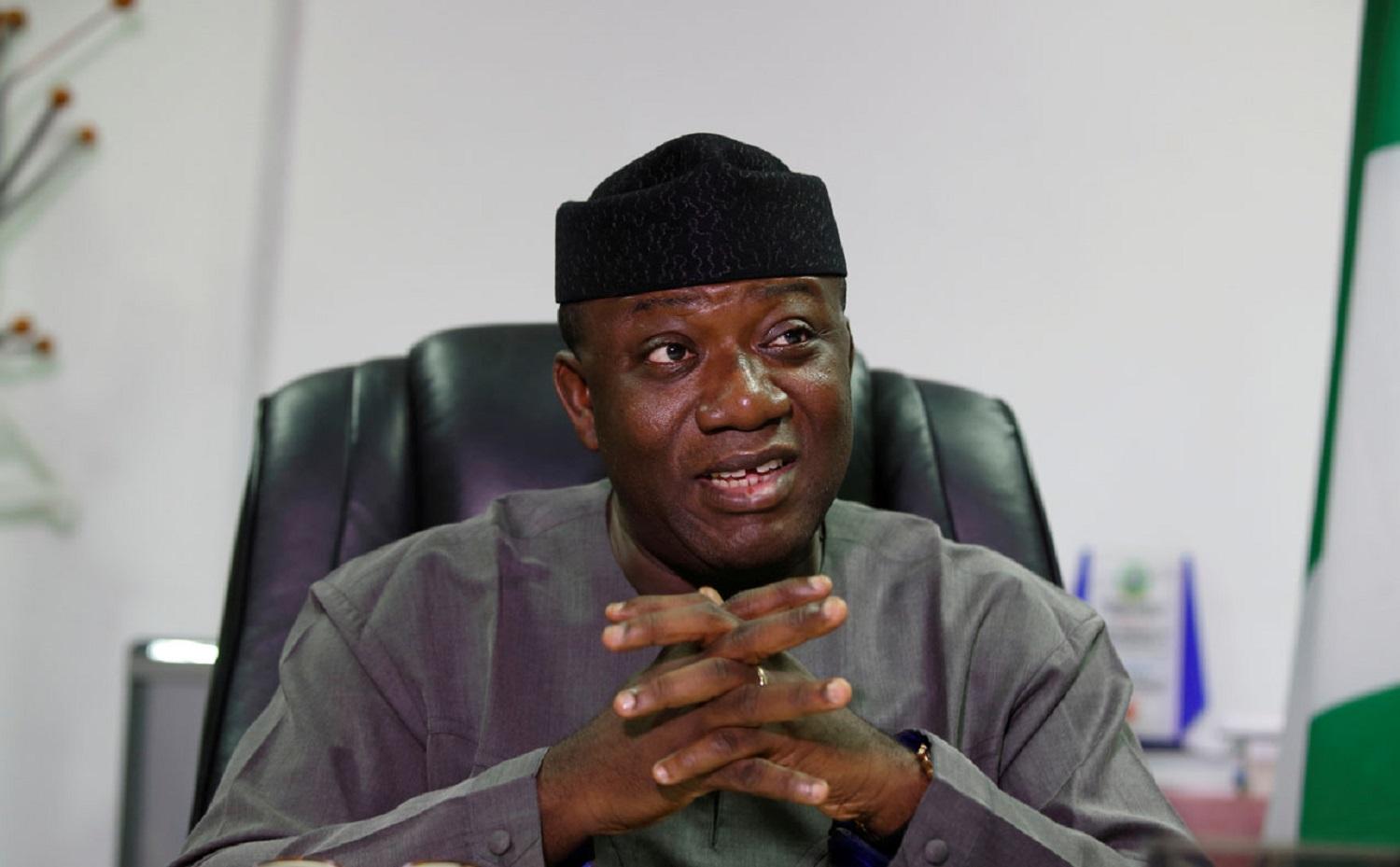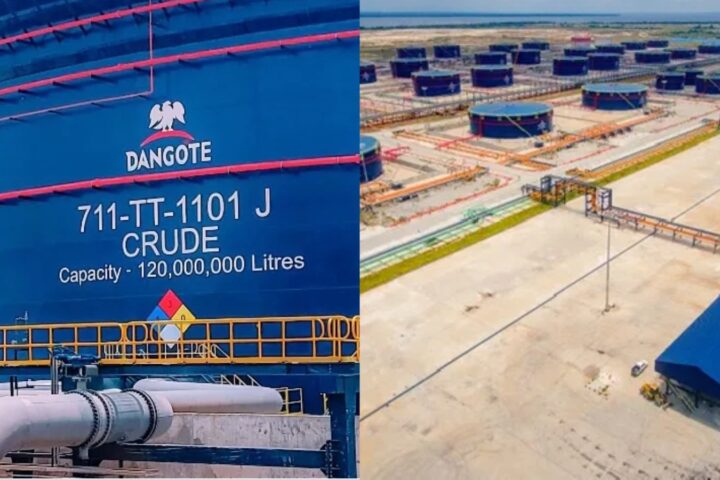GOVERNORS have recommended that 42% of national revenue accruing to the Federation Account go to states and 35% to the Federal Government.
Ekiti State Governor and Chairman of the Nigeria Governor’s Forum (NGF), Dr. Kayode Fayemi, disclosed this while speaking at a national dialogue and book presentation in Abuja.
Join our WhatsApp ChannelFayemi said Nigeria was also ripe for restructuring.
He said, “On revenue collection and sharing, the position of the Nigeria Governors’ Forum to which I subscribe is that the sharing formula should be reviewed in favour of the states, especially given the argument of devolved responsibilities to the sub-nationals.
“In the context of the proposed new federal structure, governors have argued for a formula along the lines of 42 per cent to states, 35 per cent to the Federal and 2.3 per cent to local governments.”
According to Fayemi, the nation’s federal system has not served the best interests of Nigerians because it is devoid of devolution of power, decentralization and true federalism.
The governor said that the main challenge confronting federalism in Nigeria was remodeling the union.
He said, “Caught in our politics of difference and otherness, devolution, decentralisation, restructuring and such other concepts have come to mean different things to different people, depending on the ethnic and regional toga they wear.
“Our idea of restructuring must be motivated only by our generational responsibility to perfect our union and to build a nation where peace and justice shall reign based on an operative principle that true greatness lies in building a country that works for everyone, regardless of the language they speak, or how they understand and worship God.
“The evolution of Nigeria’s federalism has not served our best interests and it is not surprising that we have witnessed protests at every attempt at constitutional reengineering. In my view, structural changes (like state creation and merger) would appear to me, unrealistic in a democratic dispensation. I also do not think we can easily go back to the pre-1966 regional structure or adopt the 54 federating- units proposal of the 2014 conference, which I find unrealistic, no matter the appeal or attraction.
“Rather, our preoccupations should be, how can we make the current structure work better for us in terms of, first our governance system; second, our economy and national productivity; and third citizenship and inclusion. There may be other issues that should be the object of our restructuring, but I consider these to be paramount.”
According to Fayemi, restructuring should be less about redrawing the map of Nigeria, but about building a more efficient governance system that is capable of delivering the greater good to the greatest number of our people.
He stated that the desire to build a more perfect union should be anchored on the principle of devolution of powers – that is, re-allocation of powers and resources to the country’s federating units.
Fayemi said, “The reasons for this are not far-fetched. First, long years of military rule has produced an over-concentration of powers and resources at the centre to the detriment of the states. Two, the 1999 constitution, as has been argued by several observers, was hurriedly put together by the departing military authority and was not a product of sufficient inclusiveness.
“Part of the focus of such an exercise should be: what items should remain on the exclusive legislative list and which ones should be transferred to the concurrent list? Other topical issues include derivation principle; fiscal federalism and revenue allocation; land tenure, local government creation and autonomy; etc. All points considered, the fiscal burden of maintaining a largely inefficient and over-bloated bureaucracy is a metaphor for shooting oneself on the foot.”
The governor stated that his sentiments were associated with strengthening the sub-national units in the re-allocation of power and resources.
















Follow Us